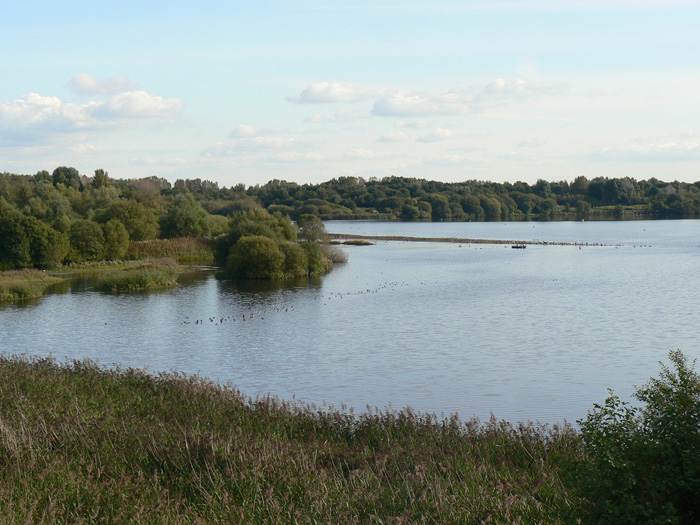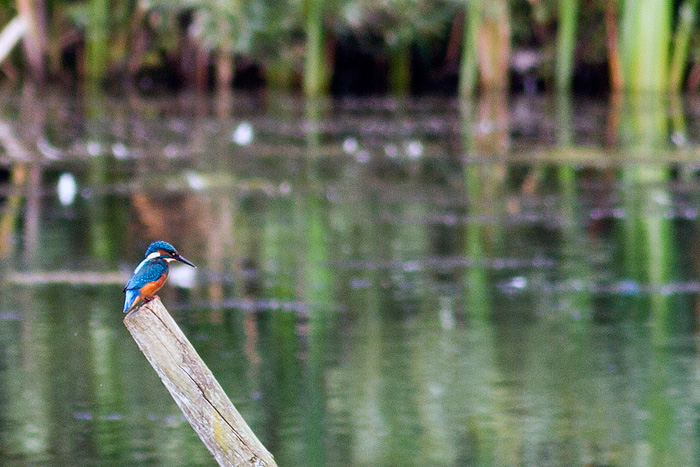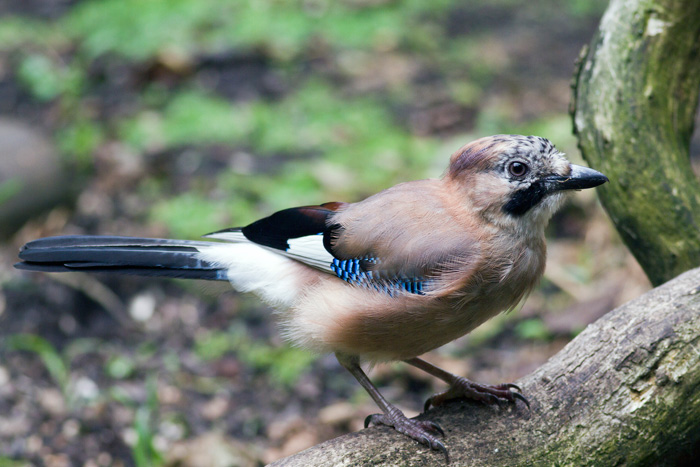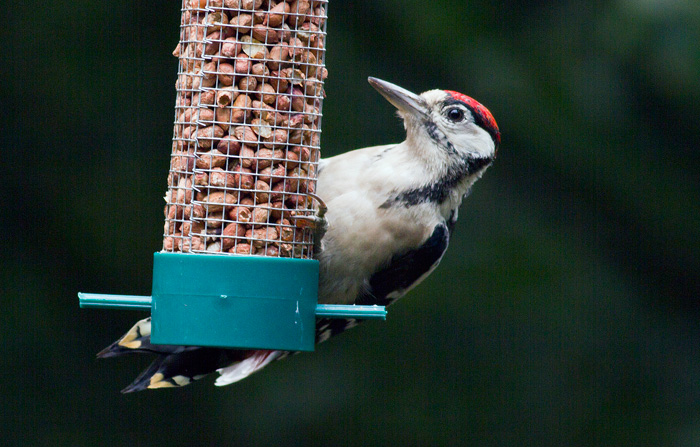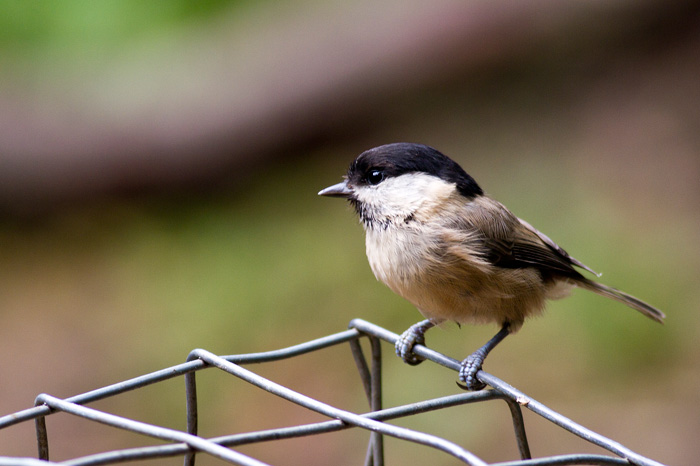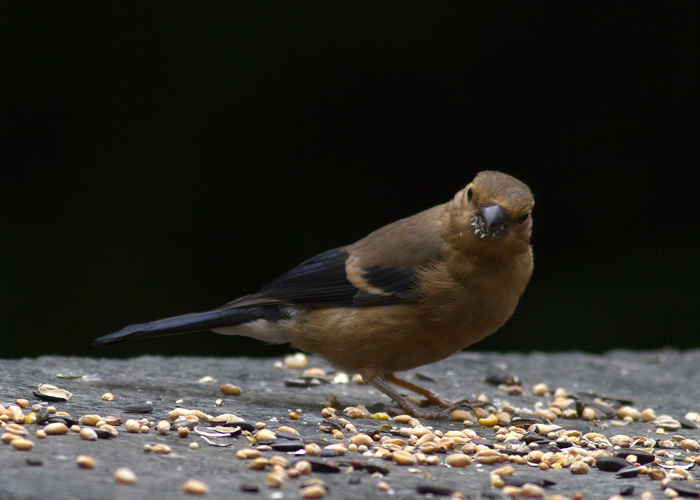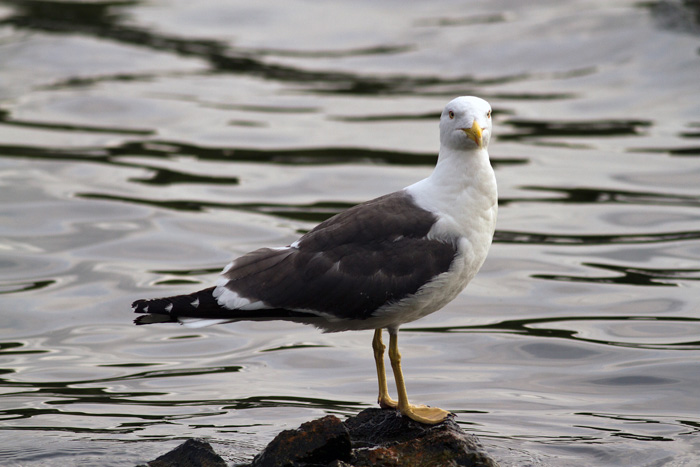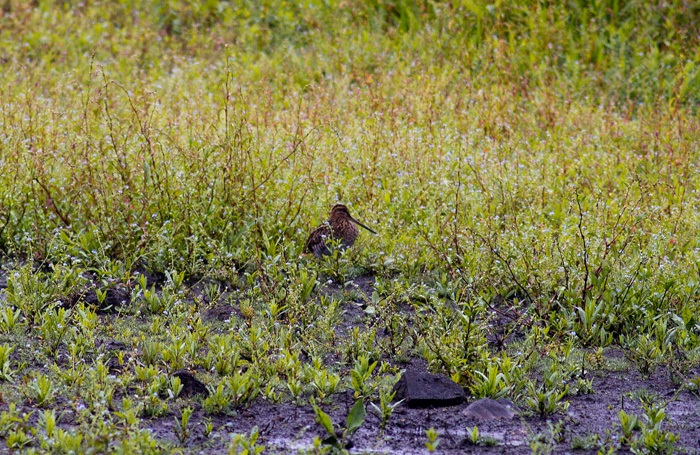Click on any image for slideshow; read on below for text.
Pennington Flash Country Park is a premier bird watching site in the North West of the UK. The core visitor’s area is a 70 hectare lake, with paths around part of the shoreline and some seven or eight hides strategically located around the site. Here’s a (rights free) general view of part of the site that I found on the web.
One of these hides looks on to a feeder area that attracts a large number of species (see pics further down) , although visitors are warned that the place where the feeders are is heavily shaded and the light levels can be low; photographers should choose a day with high overhead sun or use fill in flash (which can upset other people in the hide). You can get there by car (it’s near Leigh and Wigan) and there is pay and display car parking on site. I went by bus: X34 from Manchester Piccadilly and then 600 from Leigh, getting off at the Robin Hood pub.
I spent a few hours at the Flash (an English dialect word for a non-specific ‘lake’) and took some good shots, the weather ranging from cold, wet and overcast to hot and sunny. A typical Lancashire day, in fact. As it was the school holidays the park areas were full of schoolchildren, running, jostling and generally having a good if noisy time. The park is for all of us, and somehow the birding didn’t suffer. I managed to get a shot of a kingfisher who for once perched within distance, albeit farther away than I would have liked, but this was more than compensated by close shots of a couple of great spotted woodpeckers and three or four jays, together offering a whole rainbow of colour.
[ABOVE} a jay in all his finery, taken in the feeder hide when the sun came out. [BELOW] a great spotted woodpecker.
I didn’t make a list of the birds I saw, but working from photos I processed on my return I saw at least: black-headed gull, bullfinch, chaffinch, common (mew) gull, common sandpiper, great crested grebe, great spotted woodpecker, green sandpiper, greenfinch, jay, kingfisher, lapwing, lesser black backed gull, mallard, moorhen, mute swan, pied wagtail, snipe, starling and willow tit. The last of these, the willow tit, was a first for me; they seemed common enough here, but in other parts of the UK are quite a rarity.
[ABOVE} willow tit (Poecile montanus), almost indistinguishable from the marsh tit but the locale is a good indicator. [BELOW] a young bullfinch, who will in time develop a beautiful deep red chest but is still in his juvenile plumage. Both of these were shot in the feeder area.
If the feeder hide was something of a feeding frenzy, down at the lake there was no shortage of activity either. One problem here was that so many waterfowl were in intermediary plumage, and my identification skills are still rather rudimentary. There were mallards of every shape and hue, and black headed gulls galore. One lesser black backed gull perched on a nearby rock while I could see a single common gull in the distance, perched on a green buoy. A single snipe was rooting around in the mud, in the company of moorhen and green and common sandpipers.
[ABOVE} lesser black backed gull [BELOW] snipe, a little fuzzy I’m afraid – it was heavily cropped due to the distance.
Verdict: a good day’s birding, at an exceptional site which I highly recommend for the non-specialist birder. On the downside, although there are onsite toilets there was no information office and no site maps available – the few signs around were limited in scope and offered little guidance. It’s probably a good idea to take your own food and drink too – what was on offer from the vans in the car park looked a little dodgy, and at very inflated prices.
